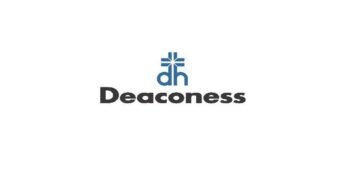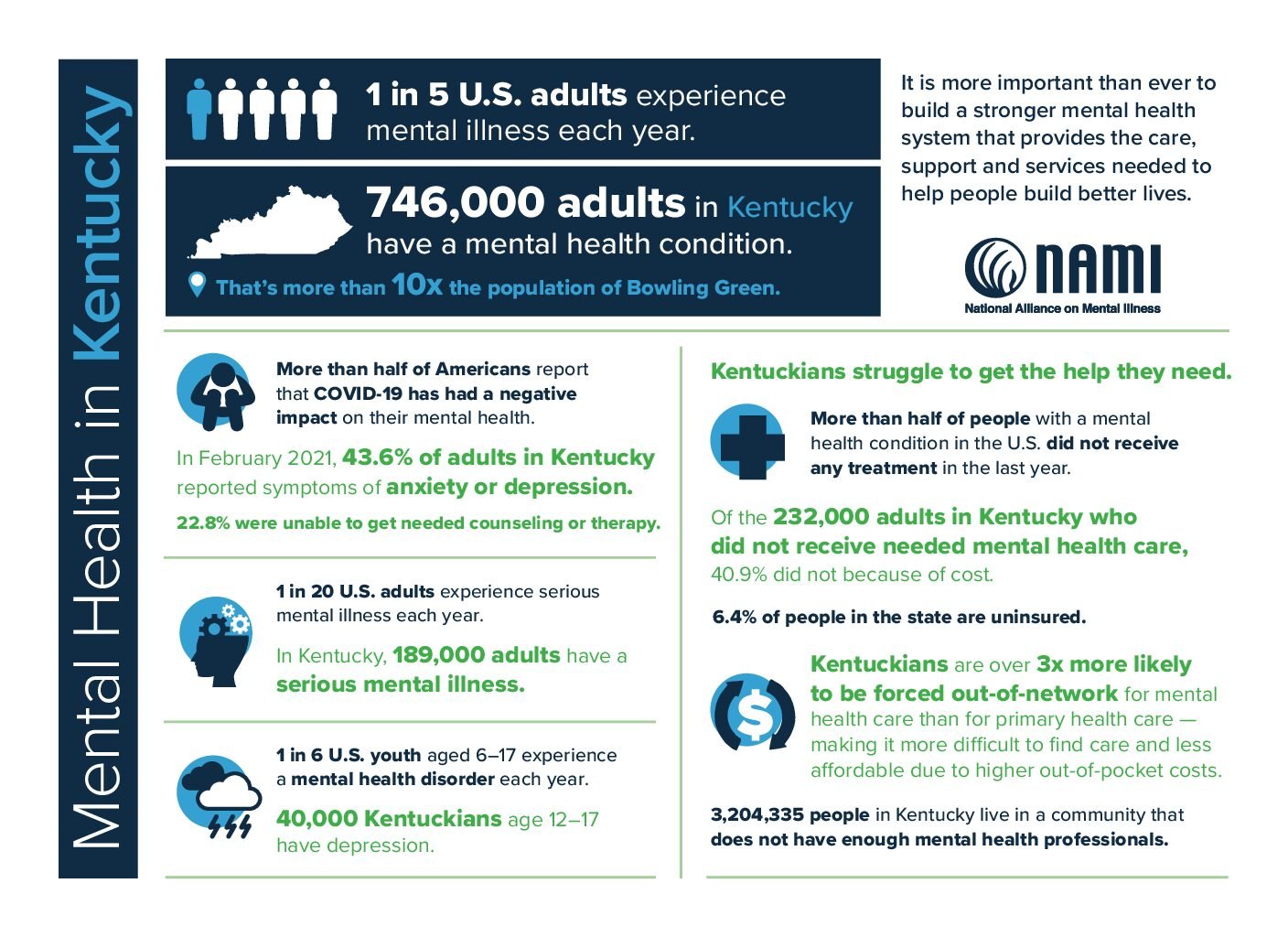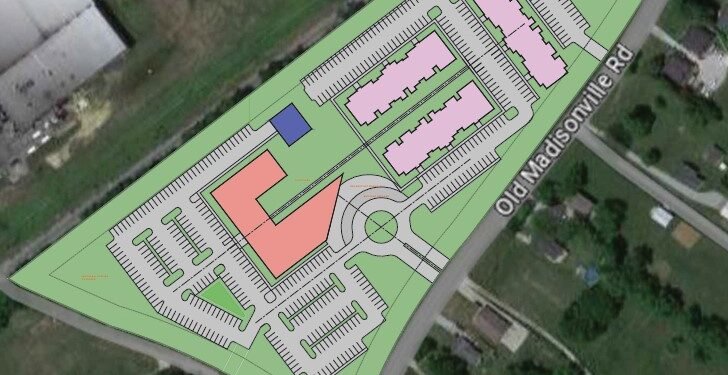For months a student at Elevate, Sandra Kaiser, had been asking Executive Director Julie Wischer when they’d find out about a grant application approval to build apartments on a new site on Old Madisonville Road.
Each day she asked, Wischer replied that they wouldn’t find out till February.
But when Wischer came to Sandra’s class on Jan. 31, she wanted her to ask and prodded her to ask about the funding award.
Sandra told her that she wasn’t going to ask today because it wasn’t yet February.
Wischer’s response: You can today! Ask, it’s OK!
Sandra did and what Wischer told her was met with “a very big hug and a squeal.”
That’s because Wednesday Wischer and those who work and study at Elevate learned the organization has been awarded $15 million from the Kentucky Housing Corporation to fund a massive project that will house 64 people who have barriers to an independent lifestyle. The residential community, slated for construction on a 12-acre campus on Old Madisonville Road, will be called Elevate Estates.
Wischer said she was “super excited, super relieved and super exhausted” after learning of the news. She and employees at Elevate, formerly called the Hugh E. Sandefur Training Center, have been holding their breath since the grant application was submitted in August.
Wischer all along felt her organization had a good shot. She and colleagues attended training with KHC for two days each month last February through June, which she believed would give Elevate a leg up. Still, nothing was for certain and that was stressful, she said.
“When you know you have a 50/50 shot, that tends to play on your mind a lot,” she said.
According to plans, the project includes 16 two-bedroom apartments and 32 one-bedroom apartments. At least two employees will be at the residences 24 hours a day, Wischer said in an interview last summer.
There will also be group and social activities, clubs, and on-call drivers to take tenants to appointments and fun activities off-site, she said.
And—an amenity the majority of students are craving—a coffee bar, she said.
With the new campus and residential community, 13 new employees would be needed, and the current $1 million annual budget would more than double to $2.5 million, Wischer said.
Elevate’s current facility on Market Street provides day training for about 50 individuals with intellectual disabilities who have a goal of moving to outside jobs, if their skill level allows. Elevate staff also teach classes, including speech, spelling, current events, English, math and work ready.
That’s going to continue at the new campus. For that to happen, a new services building will also need to be constructed. That’s a piece outside the scope of the grant award, and Wischer said upwards of $5 million would need to be raised to complete it. She said a capital campaign is in the works and Elevate is working with a consultant currently to develop a timeline and bring “people into the fold.”
She said design engineering and environmental studies need to be completed at the site. After those are complete, Wischer believes that construction can begin late summer or early fall. She believes—barring any supply chain issues—that the construction can be completed in a year or so with a move-in date late 2025. “That’s our hope,” she said.
When Wischer first began to investigate this project, she knew she needed a developer who’d be willing to work on a permanent supportive housing project funded largely by grants. She said she called other developers who weren’t interested before she found Bill Hollingsworth, of Equal Development LLC from Carmel, Ind. Hollingworth had recently completed the Audubon School Senior Apartments on Clay Street when Wischer contacted him.
Hollingsworth, who said he’s developed more than 800 units in his career, said in an email that he was “lucky to have been asked by such an impressive not-for-profit and particularly impressive person, Julie Wischer, to be a team member.”
“I was and remain very excited about doing another project in Henderson,” Hollingsworth said. “The city staff, officials and local business leaders have been wonderful to work with from every aspect. I wish every deal was as fun to be a part of like Elevate Estates.”
Wischer believes this is a project that the “whole community can rally around.”
She mentioned the planned expansion at the Harbor House Christian Men’s Shelter as further proof the community needs more housing and more services. She said Elevate Estates wouldn’t be able to serve all the men who go to Harbor House because not all would meet Elevate’s specifications, but there will probably be some crossover. Elevate Estates will be able to house some who struggle with mental health problems or drug addictions, which could open space at Harbor House.
A final piece of news—the land on which Elevate Estates will sit was donated by Pittsburg Tank and Tower Group, pending the approval of the grant application. Wischer said Wednesday after receiving the approval news she called PTTG President Ben Johnston, who was excited about the project moving forward.
***
Wischer sent a list of organizations that have signed on to provide services to tenants at the new campus. Here’s the list of providers with the type of services each will offer.
- River Valley Behavioral Health: mental health assessment, targeted case management, long term waiver case management, therapy, and substance use services
- BrightView Health: medical, clinical, and case management services to eligible project tenants struggling with the disease of addiction.
- Deaconess Cross Pointe Behavioral Health: mental health urgent care, inpatient services, outpatient services, drug and alcohol treatment services, youth services, and medication management services
- Health First Community Health Center: primary care, behavioral health, diabetes management, pediatrics, women’s health, nutrition therapy, weight management, skin care and optometry
- Audubon Kids Zone: educational and social support services for youth/family




















